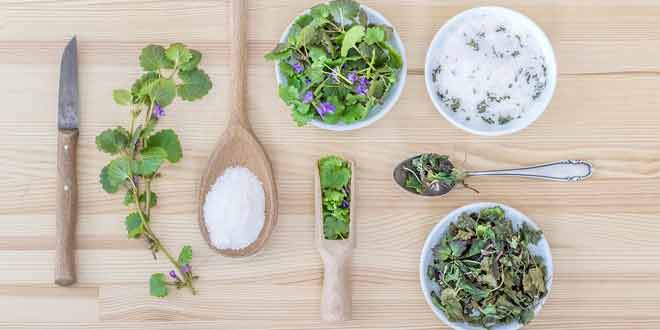
Problems with Salt in Your Diet- Consequences and Alternatives
Salt is one of the key ingredients in our food, and there is no food that we eat without at least a bit of salt in it. But is it the healthiest of choices? The first thing to consider is the type of salt we use. Table salt has many severe side effects, including; high blood pressure, risk of stomach cancer and coronary heart disease, obesity, diabetes and etc. Table salt is a form of a refined food, making it one of the main sources of high sodium levels in our body. If you are an adult, maximum amount of table salt you should be consuming is only up to 1 teaspoon. However, with the foods that we eat, this can be near impossible. Therefore, consuming healthy salts can be more beneficial, mainly because you can increase the quantity slightly. Despite this, it is important to be restrictive and not increase your consumption of even healthy salts by over 2 teaspoons.
It’s important to note that there are always alternatives to table salt that taste identical, but have many more health benefits.
Sea Salt
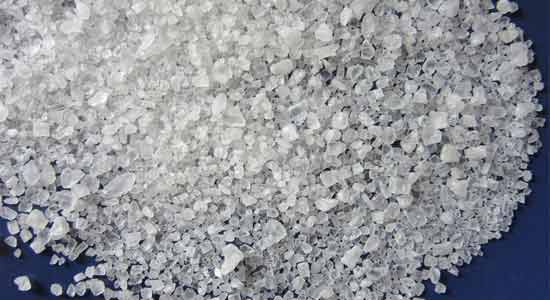
Sea salt is a form of a healthy salt. It helps avoid dehydration and allows proper brain, muscle and nervous system function. It also helps with your digestive system and is a nutrient enhancer.
Pink Himalayan Salt sodium
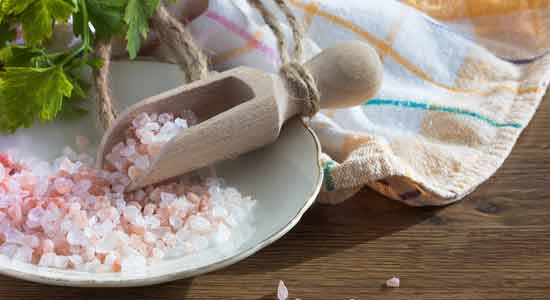
Pink salt, or Himalayan salt is another form of a healthy salt. It is unrefined, and contains all of the several minerals. These minerals are needed for our body to function properly, and use of this salt can lead to healthy digestion, balanced pH levels and prevention of obesity provided the quantity used is not excessive. It also has the ability to enhance the flavour of your food, and tastes identical to table salt- you won’t even realise the difference in your food.
Lemon
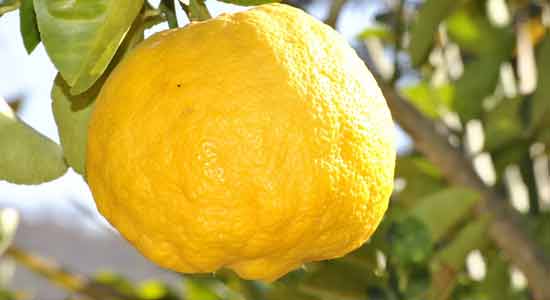
If you’re looking to fully omit sodium from your diet, lemon or lemon juice is a great alternative. It gives flavour to your food without the need for adding any type of salt. The use of lemons can actually make your food more delicious and flavourful than salt.
Spices
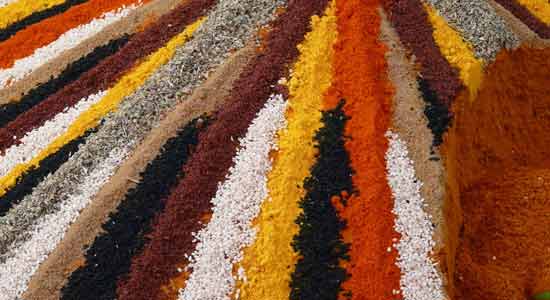
Spices such as cumin, nutmeg and cinnamon can add a kick to your food without the need of adding salt. These spices also benefit you by providing antioxidants to your food, and reducing your sodium intake.
Garlic
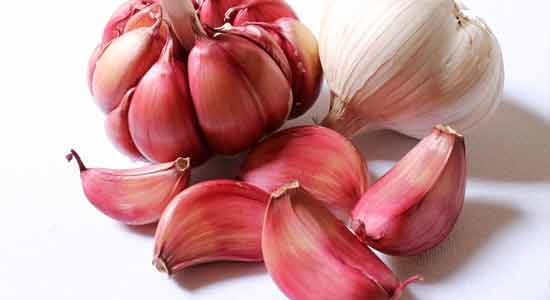
Keep in mind that anything with a strong flavour can reduce your need to add salt in a meal. Since garlic is strong and flavourful, adding this to your food can really help you cut back on sodium. Garlic also has many health benefits, such as providing relief from a cold, lowering cholesterol levels and it also helps the prevention of cancer.
High sodium foods are very harmful, and are, unfortunately, consumed by us every day. Examples of these are;
- Breakfast cereals
- Vegetable juices
- Spaghetti sauce
- Dairy, such as cottage cheese
- Canned foods
- Salted nuts
A low sodium diet is much healthier for our body and helps prevent issues, such as high blood pressure and obesity. It is recommended by the American Heart Association to:
- Choose fresh fruits and vegetables
- Limit processed foods
- Avoid adding salt, especially table salt, and look for alternatives such as herbs or lemon
- Choose foods with potassium
- Read nutrition labels and find foods with lower sodium content
- Avoid high sodium foods such as; canned foods, salted nuts, pizzas and etc. Find More: health and fitness Tips

